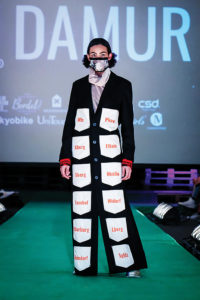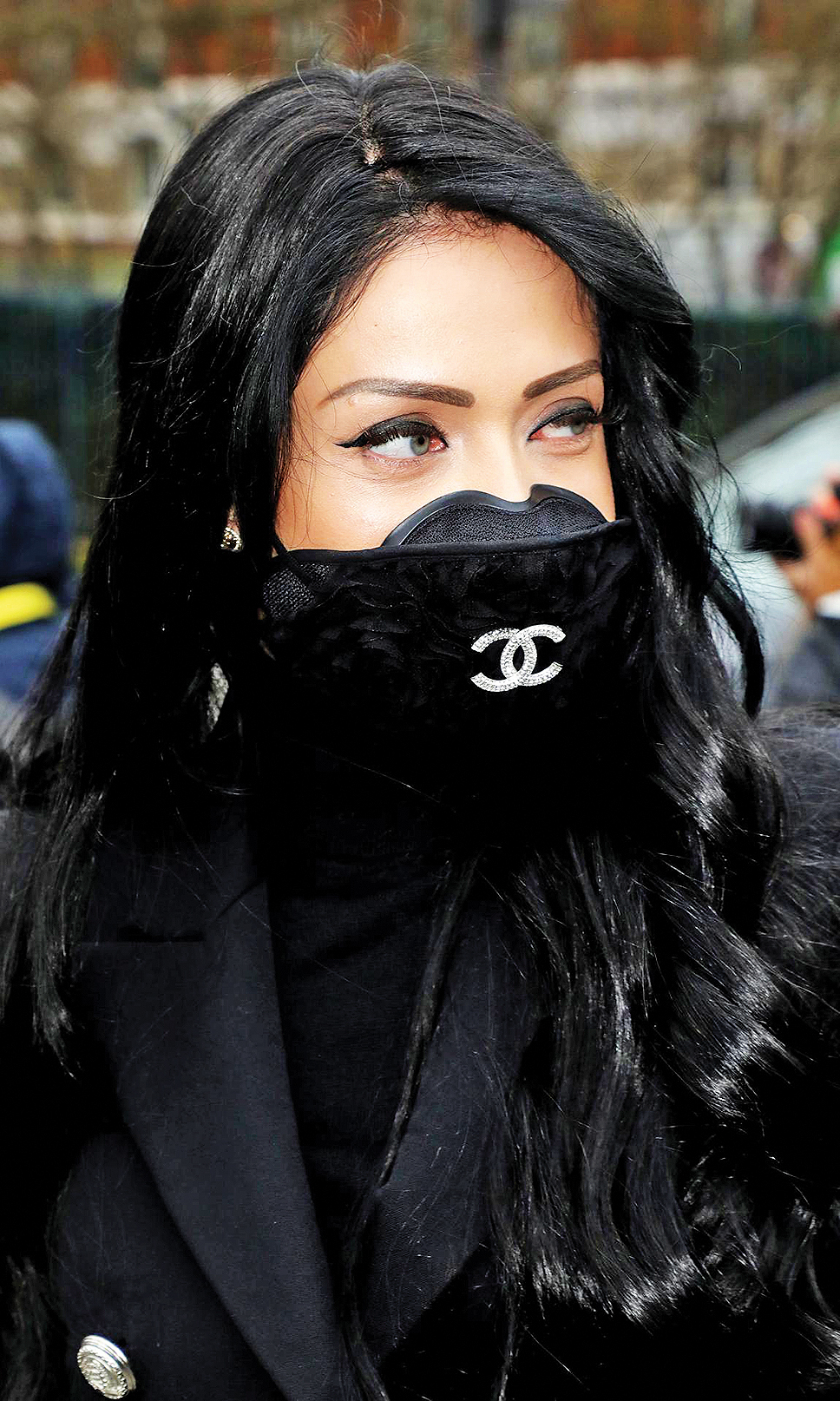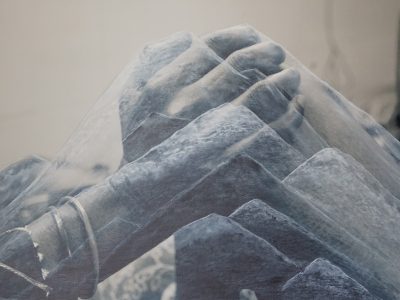Since going out to shop for clothes has been curtailed during the pandemic, the fashion industry is on tenterhooks about its future in the near term
DISEASE IS a great leveller. It takes a mere virus to wreck our biological systems, no matter where we are in the world. The precaution of social distancing and work-from-home regime is letting us take things easy. And most of us are on the same page regarding the safety measures to fight the pandemic.
While the novel Coronavirus has given us a reason and perhaps the mental space to think about our lives; let us face it, it has also disfigured many flourishing businesses — with the exception of sanitisers and soap.
Fashion has also faced the wrath of the pandemic. Since going out to shop for clothes has been affected, the industry has gone for a spin. The already plummeting clothing market, especially in India, is going to have to do a lot of belt tightening.
India Fashion Week, which was scheduled to happen between March 11-14, has been cancelled until further notice. It is an important platform for designers and global buyers. “Due to the growing incidents reported globally, it would only be prudent to keep an event of this magnitude on hold,” Sunil Sethi, president of FDCI which organises the event, said in a press statement last week.
Not only that, designers have reported their clients postponing weddings, travel plans being cancelled and no footfalls at stores whatsoever. All trunk shows, pop-ups and exhibitions are cancelled, some due to genuine concerns over public safety, whereas others due to government mandate.
Jasmeet Arora, business executive at péro has stated that it is still early to say anything. “Our international business has not been impacted so far. We have received our international orders for A/W 2020, however, it is possible that international stores may bring down the size of orders.” However, according to him, the bigger impact is that Fashion Week has been postponed as a lot of buyers especially from India and the Middle East were to travel to Delhi for the event.
Indian designers giving away their stock to local stores on consignment basis. This makes it difficult for designers to produce more merchandise and eventually they will have dead-stock pile up at their warehouse. All fashion events being cancelled leaves little hope for designers to keep their businesses afloat.
Customers are staying away from retail points and stores as retailers record a drop in walk-ins. Gaurang Shah, a Hyderabad based designer with stores in New York and London agrees that business overseas has come to a standstill. “In our London store, our summer collection is on showcase but there are hardly any people coming in. Even at our pop-up show last week in California, the crowd wasn’t what we hoped for. Our business is down by more than 50 per cent. We are seeing where this will go. We have to pay our teams, artisans and there are fixed expenditures to take care of.”

Internationally, MET gala — that was going to happen on May 4 — has been postponed indefinitely from its usual schedule. Manufacturers in Italy, France and beyond — including LVMH and Coty — are pivoting their production lines to create in-demand hydroalcoholic gel and masks instead of their usual beauty products. This has led the fashion-tech companies to get a boost. Prada reports 2.7% rise in full-year sales, whereas Nike’s sales are expected to drop $3.5 billion.
Delhi-based designer Urvashi Kaur who works with handwoven fabrics sourced from different craft clusters within India noticed an early impact at her exhibition at TRANOÏ, a trade show that happens in Paris and is attended by many Indian designers. She recorded little attendance and a reduced number of orders.
Most stakeholders have confirmed the real impact of the crisis will only begin to become apparent in a few weeks. Digital communication and e-commerce shopping are a way to keep the finances running, but an overall decline in the mood or even occasions to shop has resulted in a big loss for the fashion economy.
In a scenario like this, the good news is that Ramez Basmaji — CEO of Fabusse —has made it clear that he will continue to buy from Indian designers, most likely through video calls.
Rina Singh of Eka, a brand that is a hit in Europe, confirms a decrease in business in her autumn winter presentations in Paris last month. “Most of the buyers had cancelled their visits, while the ones that were present were apprehensive of placing orders. I don’t think people are upbeat enough to invest in new collections. Our shipments have been produced and packed: we are waiting for payments before we dispatch.”
At Abraham and Thakore, walk-ins at the store have reduced, according to the brand’s director of sales Kevin Nigli. The brand, like many others, had to incur losses that took place due to cancellation of an important event such as the India Fashion Week. Their international buyers have decided to not undertake long distance travel, whereas February and March are the months when most buyers travel to India.
“India is resilient in many ways and perhaps always will be; but we will find ways to keep on working within safety norms,” says Nigli.





